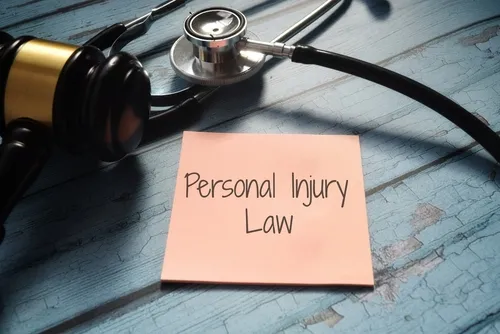The sudden thrashing of a car accident can exacerbate existing injuries and cause old ones to flare up painfully. Many assume that this disqualifies them from seeking compensation for their suffering, but victims who walk away from the scene of an accident they didn’t cause are still eligible for damages — regardless of the injuries they sustained before that day.
Continue reading for all the information you need to know about filing a personal injury claim after an accident worsened a pre-existing condition.
Does Your Medical History Disqualify You from Accident Compensation?
No, but it can make some stages of the process more difficult. Pre-existing injuries are often used as a reason to diminish or deny accident victims proper compensation. Insurance companies will see it as an excuse to save themselves money when, in reality, they should see it as a problem that needs a solution.
They can argue that your prior condition made you more susceptible to injury, that your wellbeing is the same as it was before, or that your new symptoms stem from the original accident, not the one at hand. They may also use it as a reason to diminish, deny, or delay the proper disbursement of funds, which is why it’s recommended to have an attorney at your side for legal support.
Any victim who finds themselves more injured than before after an accident shouldn’t have to face an uphill battle to recover what they’re entitled to. If you’re facing a situation where an insurance company isn’t offering rightful value, contact Morgan and Morgan to learn more about your legal options.
What Qualifies as a Pre-Existing Condition?
A “pre-existing condition” is a term used to describe injuries a person suffered before the date of the accident of which they’re filing a claim. Some think only chronic and long-term injuries can be used against them during the claims process, but any injury can affect their payout, regardless of severity, recovery, or the time it happened.
What Are the Most Common Pre-Existing Injuries?
Injuries vary from person to person, but here are a few of the previously suffered injuries most commonly brought up during the claims process.
- Back injuries
- Head and neck injuries
- Concussions and other brain injuries
- Strained or pulled muscles
- Broken bones
- Arthritis
- Epilepsy
- PTSD
There are many more conditions that fall under this category. As long as the damage occurred before the date of the accident at hand, it qualifies as a pre-existing condition and can be brought up during future insurance negotiations.
What Should I Do if I’m Involved in an Accident and I Have a Pre-Existing Condition?
As in any accident, your first concern is your health and well-being. Visit a doctor as soon as possible and make sure to mention any pre-existing conditions so they can check for evidence of further damage. Before you leave, make sure that their report is as accurate and comprehensive as possible.
If you suffered an injury or the accident worsened an existing condition, you’ll file a claim with your insurance provider. They’ll review the situation, then notify you of a compensation payout or denial. However, it’s of the utmost importance that you do not sign an agreement until you’ve had a chance to review it properly.
Any mistake, error, or misjudgment of proper damages should be dealt with properly. Speak with your provider and learn their reasoning to understand more about the situation. If there’s a problem, your next call should be to an experienced attorney.
Morgan and Morgan Can Help You Advocate for Rightful Value
If pre-existing conditions disqualified victims from seeking legal damages, those with longer medical histories would never be able to exercise their legal rights and recover proper compensation. Fortunately, that’s not the case, especially with a firm like Morgan and Morgan at your side.
Our team is ready to help you take the next step. Complete our free, no-risk case evaluation to get started.
